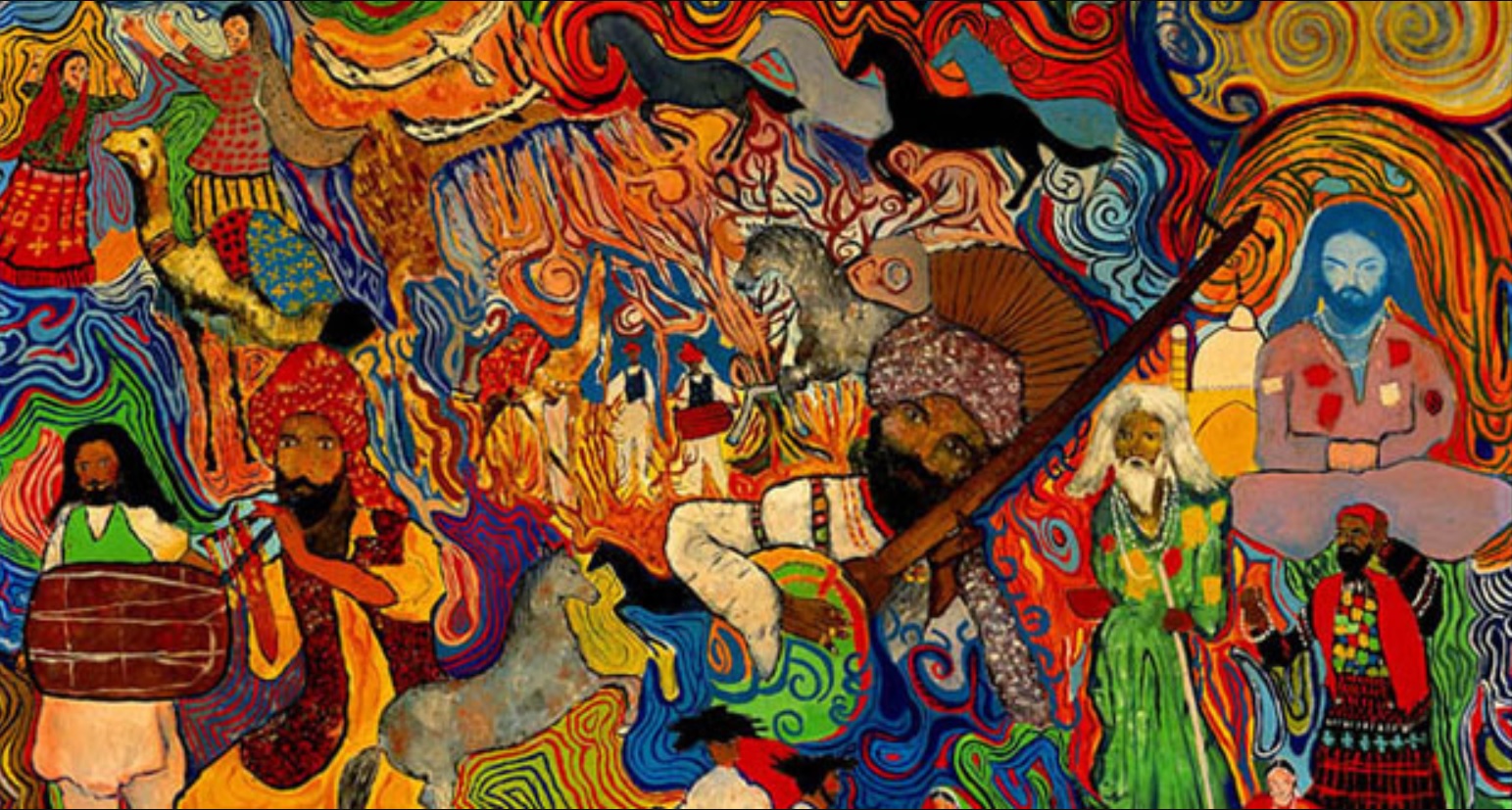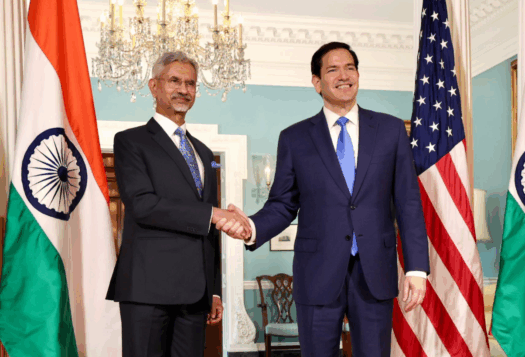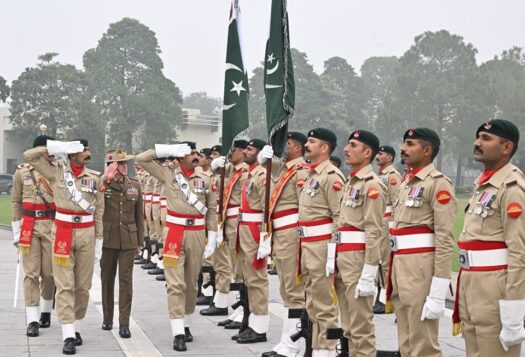
On October 31, the National Counter Terrorism Authority (NACTA) in Pakistan announced that its draft of the national narrative to counter extremist ideology had been submitted for government approval. The composition of a national narrative is an endeavor by NACTA to counter violent ideologies used by terrorists and radical groups to recruit people for their cause and to garner support. Since Pakistan became a frontline ally in the war against terrorism after 9/11, the country has faced the threat of terrorism from groups that have waged war against the state and the people of Pakistan, resulting in immense human and material loss. Though there have been successful operations against terrorist groups across Pakistan in the last few years, the NACTA Act (2013), which first articulated the powers of NACTA, mandated that the agency formulate a “national narrative” to eradicate extremism in Pakistani society from its roots. To this end, NACTA has formed a working group comprised of researchers, economists, public servants, politicians, members of civil society, and religious scholars to formulate such a narrative to resist extremist ideology.
The urgent need for a national narrative can’t be underplayed. However, whatever the content of the document is—the draft has not yet been made public—there is a need to understand that a national narrative requires an evolution of its own. Instead of formulating and preserving it as a static document under the auspices of NACTA, the agency should maintain the national narrative as a working paper that can be updated and modified according to changing socio-political dynamics in Pakistan. It is essential that the national narrative contained within this working paper reflect the ethos of Pakistani society, simultaneously safeguarding individual liberties and denouncing violence by non-state entities.
Ethos as a Counterterrorism Tool
The term “ethos” refers to a society’s collective sentiments, character, attitudes, and aspirations. We have seen in the American context that an articulated ethos can help to prevent individuals from becoming radicalized by extremist ideologies. Peter Bergen in his last book, United States of Jihad, assessed the threat of and response to homegrown terrorism in the United States. He found that of the three hundred cases of individuals being indicted for acts of jihadist terrorism since 2001, approximately 80 percent were Americans. While significant, this number is small compared to other Western democracies. In France, for instance, over 1,000 citizens have fought, are fighting, or plan to fight alongside groups like the Islamic State. Bergen has argued that the American dream has served as an “ideological buffer” between Americans and radicalization. Indeed, the number of Americans fighting in Syria and Iraq is low, Bergen believes, “for reasons of geography, but also ideology.”
If the American ethos is a powerful reason why U.S. citizens have not fallen prey to the narrative of terrorism, there could be some learning in this for Pakistan. Just as in the United States, many of Pakistan’s extremists come from educated and privileged backgrounds. Consequently, reducing the threat of terrorism in Pakistan requires more than a reduction in poverty and improvements in the quality of education. It also requires more than the current efforts of the ongoing counterterrorism operations involving law enforcement and intelligence, although these have drastically reduced the number of terrorist attacks across Pakistan. Instead, the country must reflect upon the shape of its own collective consciousness. Enshrined in the national narrative should be a commitment to safeguard the liberties and equal rights of not just the Muslims of north-western South Asia, but also of all segments of society. To this end, there must be a provision in the national narrative that designates the right of all Pakistanis to the pursuit of happiness while abiding by democratic processes and norms. Similarly, this narrative should include the equal and vociferous denouncement of violence or resorting to violence by either individuals or any non-state entity. As it was rightly iterated by Chief of Army Staff General Bajwa during Pakistan’s 52nd Defense Day ceremony, the monopoly of violence is solely the state’s prerogative.

Mainstreaming the Narrative
The contours of a national narrative are often created by visionary leaders—as in France’s motto of liberty, equality, and fraternity, birthed during the French Revolution—but they are also a product of the historical circumstances and collective aspirations of societies. They serve the purpose of defining the nation’s identity during times of adversity. Taking into consideration Pakistan’s unique circumstances, NACTA should continue to closely collaborate with different stakeholders to evolve and sustain the national narrative over time by updating the working paper. This will promote dialogue that will allow the practice of free speech to flourish, thus encouraging a culture of tolerance to arise within Pakistani society. Ultimately, this may help youth who are susceptible to extremist ideologies understand and better confront the ideas that form the bedrock of radicalization.
However, if the national narrative is to affect change in this way, there must be an effort on behalf of NACTA to compel mainstream political parties, civil society, and the media to take ownership of the narrative. Although there were political representatives in the working group that composed the initial draft of the narrative, it remains unclear how NACTA intends to ensure that the national narrative will permeate society. To this end, the working group engaged in creating the counter-narrative should confront the reality that political parties, educational institutions, the media, and civil society interact with the public more than institutions like NACTA. Consequently, these segments of society would need to disseminate the narrative among the masses to ensure that its ideals are being articulated and harnessed in the discourse of society.
Conclusion
To stamp out the radicalization of everyday members of society is a huge undertaking, but the national narrative is a constructive step towards that end. However, it is only through NACTA’s active and sustained efforts to evolve the national narrative over time that the rule of law and the state’s monopoly over violence will become pillars of Pakistan’s national identity. If these democratic principles are assimilated and propagated by the relevant stakeholders in Pakistani society, including the political mainstream, then NACTA’s efforts in collaboration with the working group are likely to bear fruit.
***
Editor’s Note: Click here to read this article in Urdu
Image 1: bm1632 via Flickr (cropped)
Image 2: Via E Pakistan Blogs


